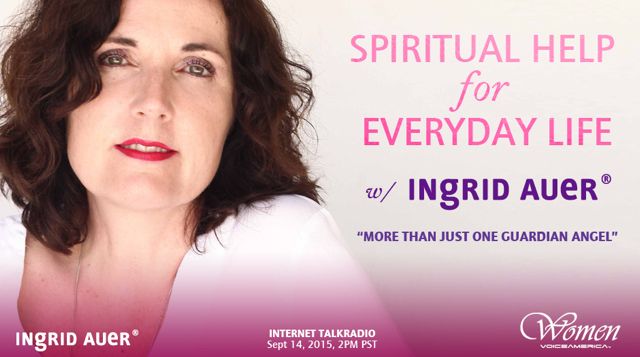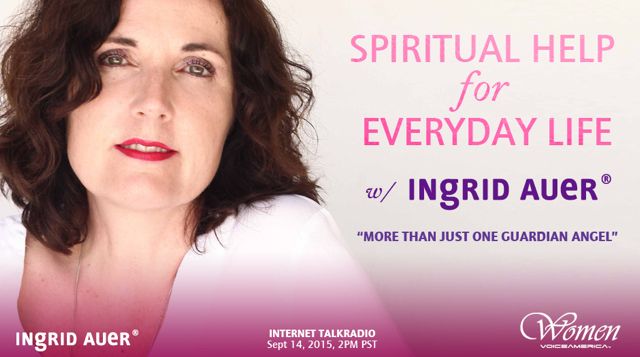This is an article I wrote that KSL refused to publish – it is an answer to the question I have submitted by KSL readers more than any other. I get a few letters a week from people who are frustrated their spouse isn’t more into sex – So, I felt it was important to get it out there anyway.
Is a lack of intimacy hurting your marriage?
Question:
My spouse is having issues with me, because I don’t want to have sex. I’m not interested in sex anymore, but I really think the reason is the negative energy around the whole thing that he created early in our marriage. He has made me feel so pressured and guilty around it, that I have lost all interest. We love each other. We don’t want to separate, but I really don’t want to have sex with him. I force myself to do it every couple months, but then it’s “hurry up and get it done”. I don’t know how to get passed this.
Answer:
The answer is yes, lack of intimacy is probably having a negative effect on your marriage, but the reason you have a lack of interest could be complicated. There are so many psychological and physiological reasons a person might have low libido, we cannot possibly address them all in this article, so, we are only going to address the one you have asked about and the most simple, a spouse who has just lost interest or decided they don’t want intimacy any more.
We see a damaging dynamic in a lot of our coaching client’s relationships, where one spouse is always asking for more intimacy, and pressure to give it has made the other one (with less interest) feel obligated into it. This obligation energy around it, makes the less interested spouse, even less interested, because it feels like intimacy is only about or for the other one. The more interested partner then experiences a lot of rejection, which hurts, and makes them even more needy for validation to feel lovable and wanted, which means they want intimacy even more. If this cycle plays out for months or years, it leaves everyone feeling taken from, unloved and mistreated.
We call this a “fear trigger cycle” and if you want to have a healthy marriage, you must learn how to change this into a “love trigger cycle”. We are going to explain how to do that, but first, you must understand why intimacy is important in a marriage relationship.
Intimacy is the one thing that makes the marriage relationship different from your other relationships. Without intimacy, you are really just friends with your spouse, and if you are only interested in being friends, you should probably get divorced, and let your spouse find someone who wants to be married. Intimacy is the foundation of the special connection and bond between two married partners. It creates a special kind of connection because of the vulnerability involved. If you really do love this person and want them to stay married to you, you probably are going to need to change this and get more interested in being intimate. But, your spouse may also need to make some changes to.
Putting pressure, shame or guilt, or in any way manipulating another person to get them to be intimate with you is wrong. If you are married to a person that tries to psychologically or physically force you into intimacy you don’t want, that is not okay and you might also consider getting out. What you want is two partners that want intimacy with each other, because they both love the other person and want to feel connected to them.
If this is not the dynamic in your relationship, we strongly encourage you to get some professional help. A professional could make changing the dynamic in your marriage easier and faster, or they will help you get some clarity and decide if you need to get out. (You also want to consult a doctor if you have low libido, because there are lots of medications, psychological or physiological causes you want to rule out.)
We also have an amazing worksheet on our website that would really help – print two copies of the Understanding your Marriage Worksheet and you and your spouse both fill one out. This will help you identify the fear triggers in each of you.
We also recommend that you try the following to change your fear-trigger cycle into a love trigger cycle:
1. Learn about the core fears (failure and loss) in play in yourself and your partner:
If your spouse fears failure (that he/she isn’t good enough), which is highly likely because most of us do, this will show up as getting offended or feeling insulted easily, having a hard time with feedback, clinginess or neediness, a need for attention, touch and intimacy to validate their worth.
If your spouse fears loss they might be controlling or pushy at times and easily feel mistreated or taken from. They are often be in a lack state and focused on what they don’t have.
The truth is, we all have both fears in play to some degree and you could have both equally too. See if you can tell which are in play with you and your spouse?
2. Understand what you each do, which triggers fear in your spouse:
Maybe he feels taken from or loss around not getting a strong marriage with great intimacy. When he tries to solve this by asking for what he wants, he triggers fear of failure in her, because she then feels broken or inadequate, because she doesn’t fulfil his needs. This fear experience around intimacy might make her withdraw from it even more, because we subconsciously pull away from fear inducing situations. Her further withdrawal may trigger even more fear of loss in him, making him even more unhappy and in need of touch and validation, but when he continues to ask for that, it triggers more failure in her, and around and around they go. We find a cycle like this in play in most relationships. See if you can identify yours.
3. Become the cure to your spouse’s core fear:
You will do this because you love this human being and want them to be happy and feel loved, wanted and good enough. (If you don’t care about whether your spouse feels loved and wanted, then you don’t really love them.) If your spouse fears loss, you can be the cure to that, by giving them reassurance and attention, which makes them feel safe. Show them they are admired, respected, appreciated and wanted daily and this will quiet the fear and make them less needy (this means initiating intimacy). If they fear failure, they need lots of validation about how wonderful, loving and giving they are. They need to feel and hear they are adored, appreciated, respected and wanted daily too.
If you are the more interested spouse, you must spend as much energy on giving validation and reassurance to your spouse, as you have worrying about what you aren’t getting. If you are less interested spouse, you must flip the fear cycle in your relationship by giving physical attention as a gift freely given from love. We encourage you to be the initiator of intimacy from this point on. Then, you won’t feel obligated, taken from or pressured in to intimacy, you will be choosing to give it. This will also mean your spouse doesn’t experience rejection any more, which removes a lot of fear from the relationship.
We would encourage the more interested spouse, to not ask for intimacy for a while and allow your partner the chance to offer and give it from love. Do this from a place of trust, without any feelings of lack or deprivation. Choose to trust you have everything you need and then generously give, validate and serve your spouse, without any strings attached, as a gift freely given too. This often turns the fear cycle around quick.
Because of the complicated physical and psychological nature of intimacy, we encourage (you both) to see a doctor and engage in some professional help for this issue, along with working on the fear issues involved.
If you think you might have subconscious issues around sexuality because of trauma or learning a shame mindset around sex early on – you may also want to get out Subconscious Sexuality Reprogramming Exercise – it helps change your subconscious feelings about sex from negative to positive.
You can do this.
Nicole Cunningham and Kim Giles are human behavior experts and master coaches who specialize in family and employee dynamics and have many tools to help you change your relationships. They are also the hosts of Relationship Radio on Voice America – Check it out!





